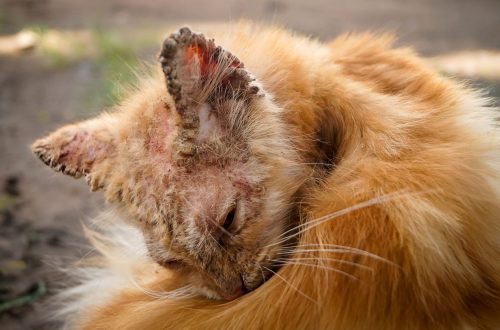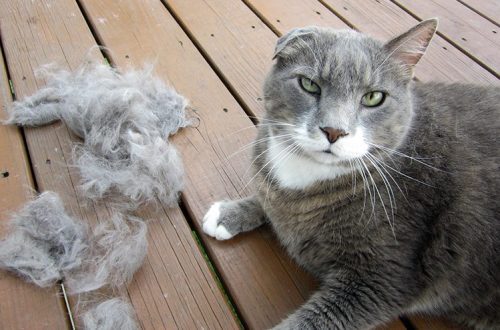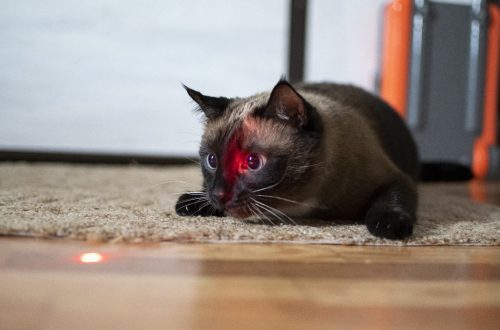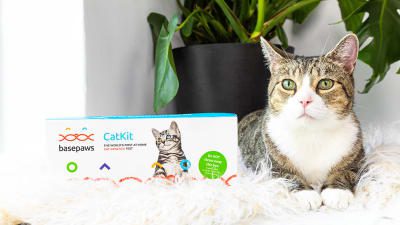
Iššifruokite savo katės genetinį kodą, kad galėtumėte murkti
The cat’s genetic code is a detailed blueprint that determines everything from coat color to character traits and the number of toes on the paws. Your pet’s genes are why Siamese cats are so talkative, Ragdolls are affectionate, Sphynx cats are bald, and Persians have flattened faces. Although many diseases are multifactorial (that is, they occur for several reasons, which can be either genetic or external), researchers have determined using genetic chromosome sequencing that cats have genetic mutations that suggest the development of certain diseases. Some of these conditions may be specific to a particular breed.
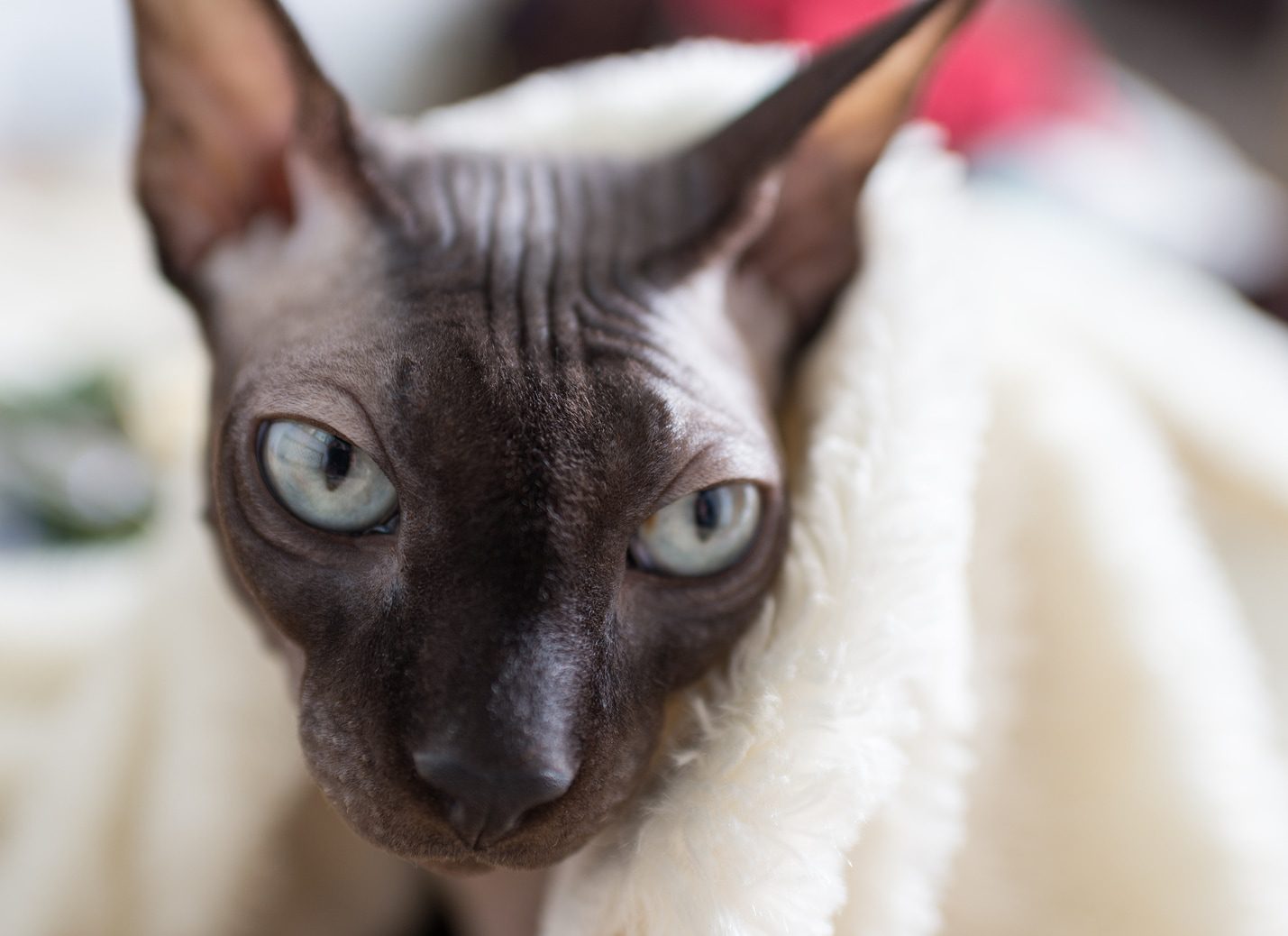
Genetinės mutacijos
Like humans, cats can have mutations in their genome that miscode sequences and predispose them to developing certain diseases. Essentially, this means that the DNA that determines the formation of an animal can be disrupted at some point in development, leaving the cat more prone to developing diseases. This change in genetic makeup is like a bug in the code. Some diseases – polycystic kidney disease in Persians and hypertrophic cardiomyopathy (heart disease) in Maine Coons and Ragdolls – are known to have a genetic component, writes International Cat Care. Other health problems, such as asthma or strabismus in Siamese cats, are most common in a particular breed, but a common gene for them has not yet been identified.
Risks for purebred animals
Although any cat can develop the genetic mutation that causes the disease, genetic disorders tend to be more common in purebred animals. This is because breeders select individuals to breed for certain traits, which can increase the risk of hereditary problems. They may also breed cats that are too closely related in terms of kinship (inbreeding). In some cases, such as Munchkins (short-legged dwarf cats) or brachycephalic (short-nosed) breeds such as Persians, the breed itself may have characteristics that negatively impact a cat’s quality of life. Pet owners and those who are just thinking about getting a pet should be aware of the grooming issues that are specific to certain breeds.
For example, Munchkins are very cute (look at them!), but it’s important to remember that dwarfism is actually a genetic mutation that can cause health problems in the animal. Miniature cats are more likely to have joint problems and a curved spine, which increases the risk of herniated discs. In addition, these cats can be very expensive (some kittens cost more than 70 rubles), and unsuspecting pet owners are often unaware of what veterinary bills await them.
Furry pedigrees
Did you know that the DNA of cats and humans is more than 90 percent the same? According to Stanford University’s Tech Museum of Innovation, if you line up a hundred letters of the genetic code, only ten of them will differ between you and your cat. Our DNA also shares 98 percent with chimpanzees and 80 percent with cows (and more than 60 percent with bananas, according to the National Human Genome Research Institute, so maybe we shouldn’t get too excited).
Why compare cat genetics at all? Analyzing and comparing animal genetics is an effective way to study infectious diseases such as feline immunodeficiency virus (FIV) and human (HIV). Studying cat genetics not only helps us take better care of our feline friends, it also helps us understand our own genetic disorders and develop new ways to confront and treat diseases that have a genetic component.
These days, you can test your cat’s genetics with a simple sample collection at your local veterinary clinic. The veterinarian will send the sample to the laboratory for analysis, and you should be able to get the results within a few weeks. DNA tests can reveal information such as disease risk, most likely ancestry, and even your pet’s resemblance to some wild cat species.
Understanding feline genetics can help you take care of preventing disease and maintaining the best quality of life for your pet. In doing so, you can obtain information about your pet’s ancestors and determine if it has any gene defects that lead to hereditary diseases.
It’s important to note that even if your cat has a genetic mutation that codes for a disease, it doesn’t necessarily mean it will get sick. This is because many of these diseases are multifactorial or polygenic and may require multiple genes or specific conditions to develop. Your veterinarian will be able to advise you on how best to use your cat’s genetic test results. Genetic testing will help you understand your pet inside out and provide the best conditions and care so that you can live a long and healthy life together.
Did you know that genetic research also helps you choose the right food for your cat? In fact, experts at Hill’s Pet Nutrition deciphered the feline genome back in 2008 and submitted the results to the Morris Animal Foundation for further research. We use this research to create cat foods that take into account the animal’s natural biology for a happy and healthy life.
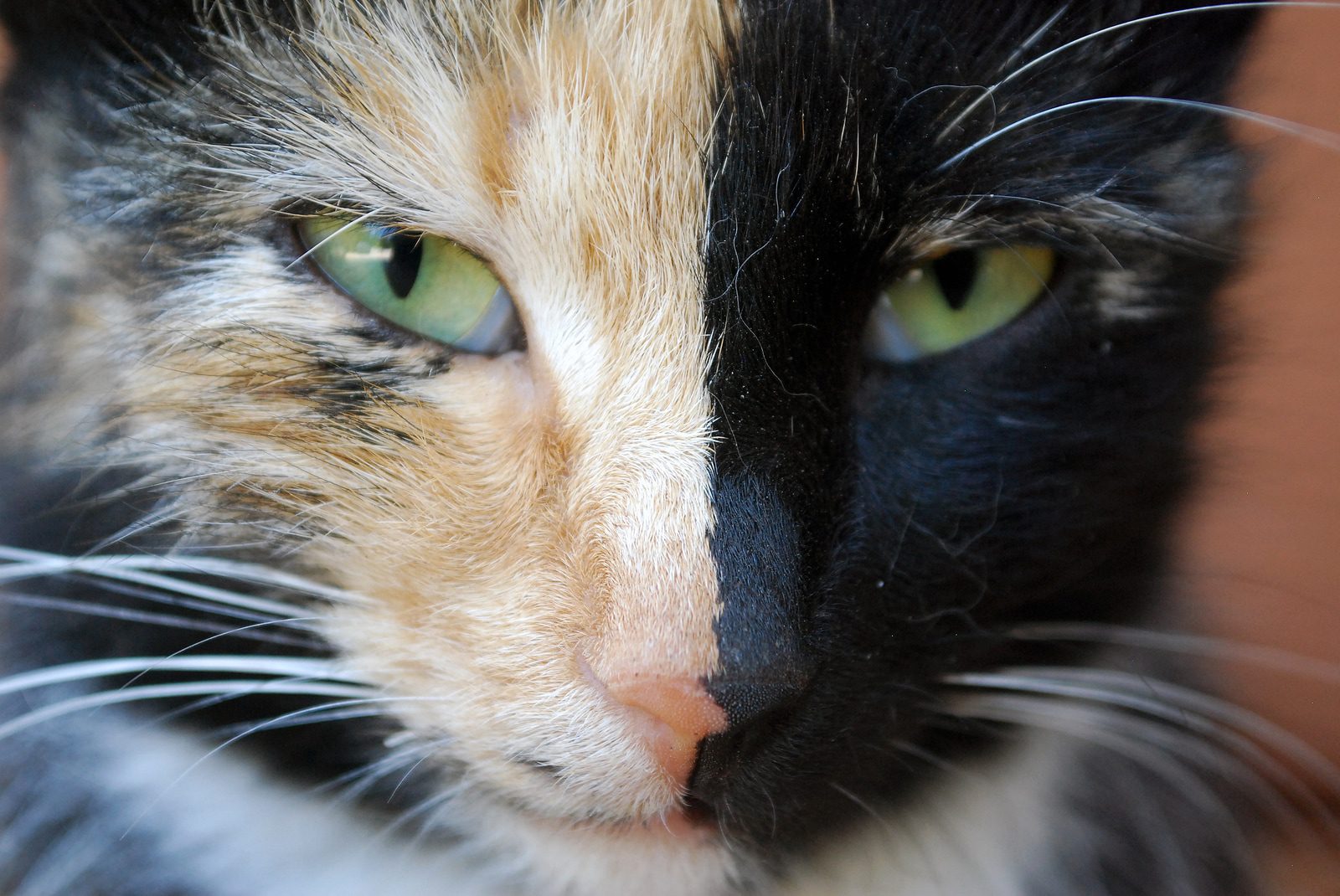
Breeding Precautions
If you are planning to breed cats, knowing the breed’s genetic predispositions and testing breeding animals for genetic diseases will help you avoid passing on any genetic mutations to your offspring. This has been the case, for example, with polycystic kidney disease (PKD) in flat-faced cats. PBP causes cysts to form in the kidneys of affected cats, leading to premature kidney failure. PKD is a simple autosomal dominant genetic disorder, meaning it is passed on to offspring even if only one parent has the mutation. A simple blood test was developed to detect this genetic mutation, and the prevalence of PKD was significantly reduced by testing cats for mating selection.
If you are a pet owner, we recommend that you spay or neuter your pet to avoid a breeding program at home. Instead of getting a purebred kitten, you can adopt a kitten or an adult cat from a local animal shelter. They may have different genes, but you will definitely be able to find one that will be the perfect companion for you.
If you want to test your cat’s genes, you can contact companies that make genetic tests that can help you identify the breed of your cat’s ancestors and get advice on maintaining health and wellness.
Knowing your pet’s genetic make-up is exciting, but it’s also important to treat them as individuals with needs and traits that you and your veterinarian know best. By providing good nutrition and a healthy environment, as well as taking into account genetics, you can positively influence the health and well-being of your cat.



